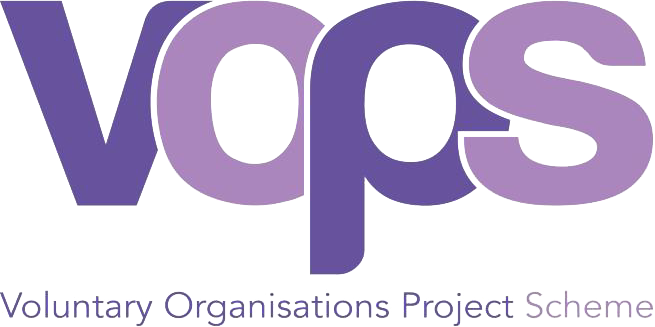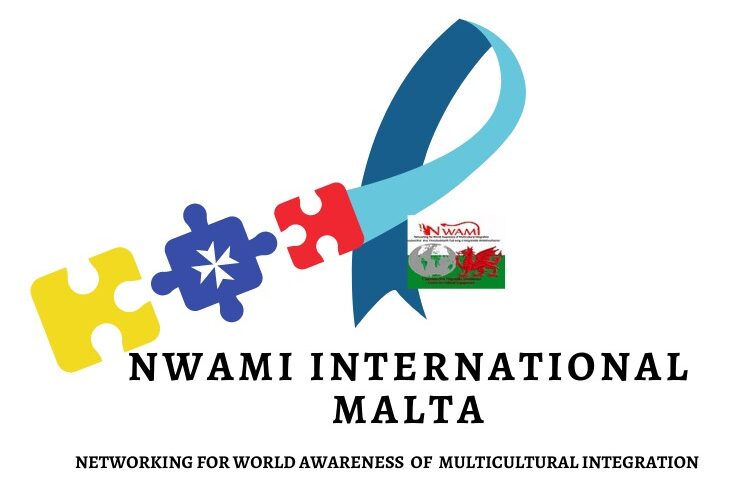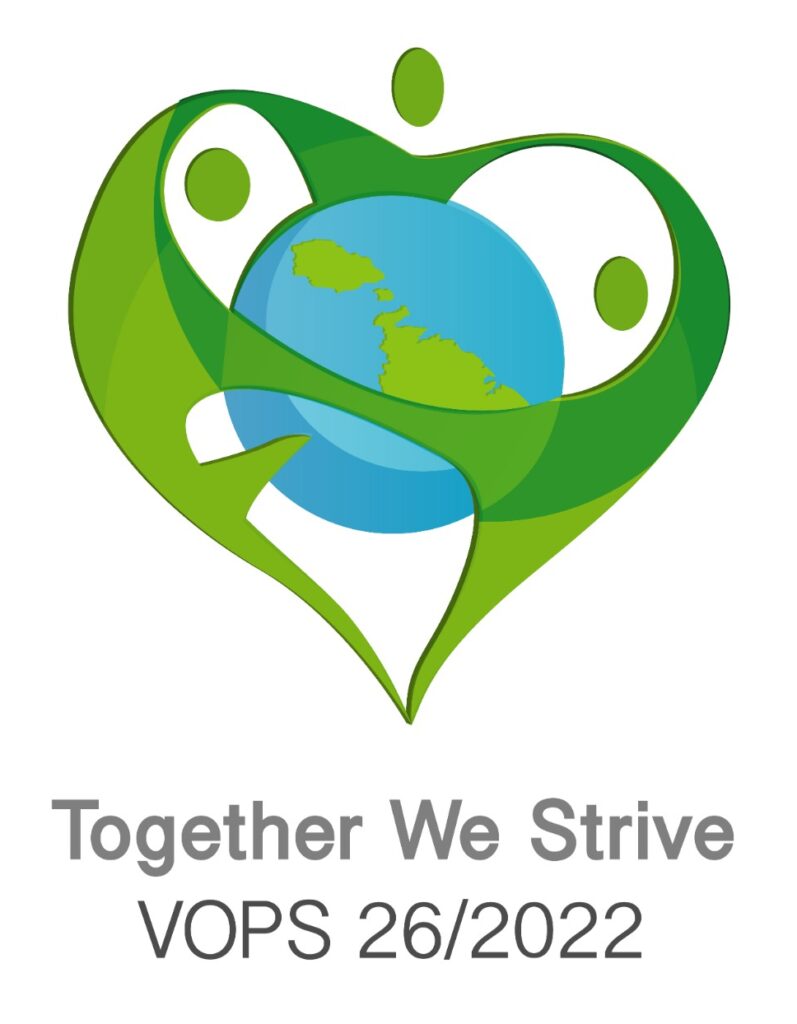
The purpose of this Community Roundtable is to learn from members of local and international communities their views on engaging with groups outside their social circle, and to hear their ideas on and how to tackle issues like cleaner environment, waste management and also spark off innovative ideas about how we can recycle material in a creative way.
COMMUNITY ROUNDTABLE
26th July 2022
The Ronald McDonald House Charities Malta hosted our Community Roundtable as part of the youth project 'Together We Strive' funded by the Voluntary Organizations Projects Scheme operated by the Malta Council for the Voluntary Sector. The aim of this Community Roundtable was to listen to the perspective of local and international community stakeholders on current and pertinent issues our youth are faced with, explore youth readiness to engage with others outside their own social circle, as well as their interest in protecting the environment.
A total of 7 different nationalities, the representatives attending the Community Roundtable included community police officers responsible for the Northern Region, representatives of the Swieqi and San Ġwann local councils, Aġenzija Żgħazagħ, the African Youth and Young Adults Movement Malta (Y.A.Y.A), and Proutist Universal, together with a British-Zimbabwean inclusion coach for the empowerment of women of colour.
The general thrust of the discussion focused mostly on the lack of opportunities for youth and community engagment in newer urban centres such as Swieqi, in contract to the engagment witnessed in villages where traditional entities such as band clubs are an indispensable component of social life. The lack of structures such as youth clubs and the heterogenous nature of the community, not only in the case of multicultural communities but even with regard to the demographics of the Maltese living in such areas, leads to a lack of engagement and sense of belonging. This in turn triggers various environmental situations, ranging from youth alienation to lack of attention to issues such as waste separation and cleanliness.
In the case of youths, it was frequently remarked that the generation raised on social media has difficulty in socialising, thus even affecting mental health. This is also coupled with the reality of lack of integration between different communities, and thus the need for actual on-the-ground monitoring of this situation together with concrete initiatives to address the issue.
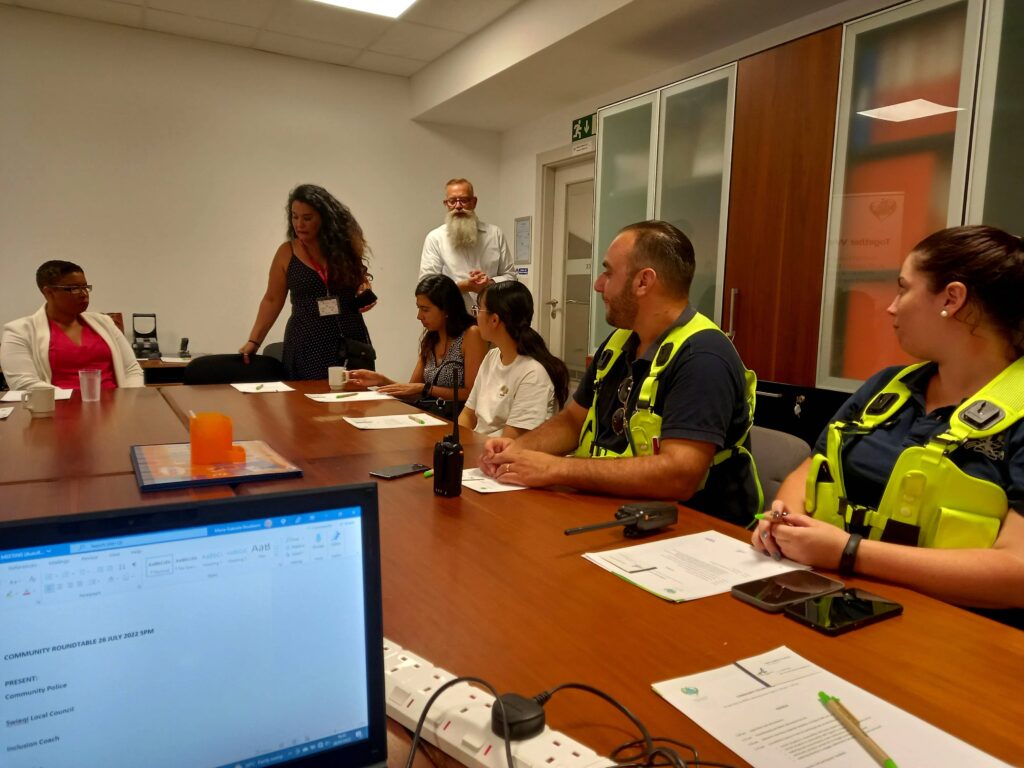
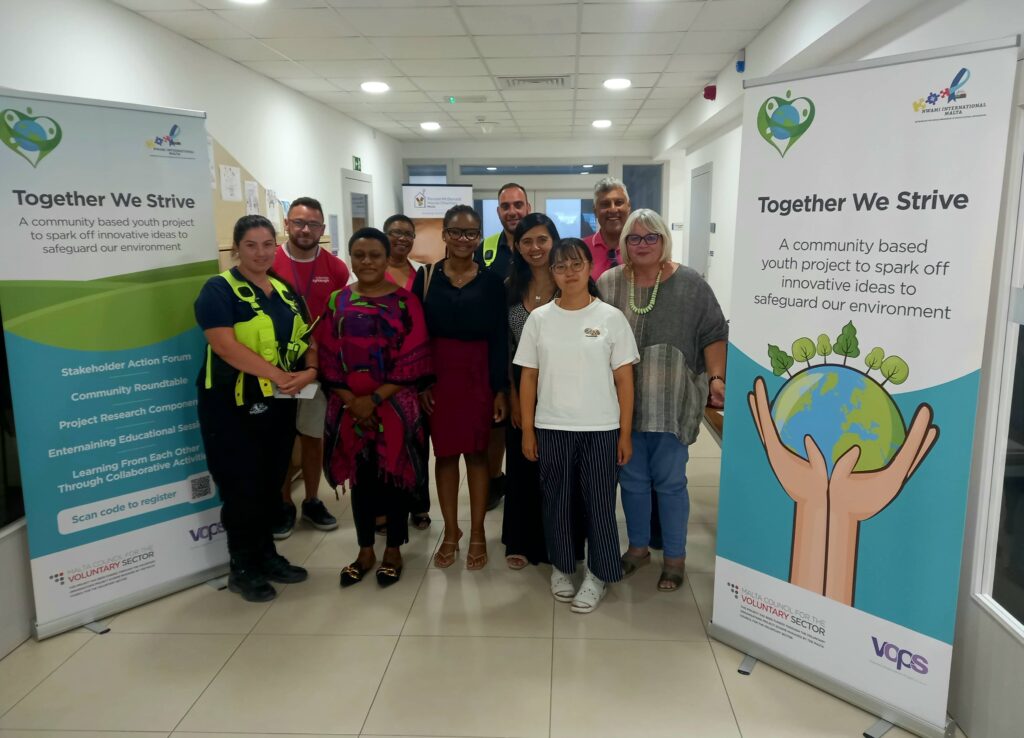
There was general agreement between Maltese and expat-migrant non-Maltese representatives that a culture of mutual understanding is needed to stabilise community relations. On the one hand, entering a new culture implies embracing it and adapting to it, while on the other, the local element needs to be strengthened through education, especially through the media, in order to foster integration and cooperation. Here the media has a pivotal role, not only for spreading messages towards a common understanding of community life, but also to prevent racism and discrimination.
Major takeaways from this roundtable were the concept that the idea of local versus non-local is a social construct, and therefore the importance of becoming aware of ‘who else is in the room’. In this way, a level of understanding can start being created, as a basis for more positive enagement, cooperation and integration. In the case of youth, it is imperative that structures are created in order to bring them and their communties closer in a concrete manner. This can also be achieved through the creation of synergies and relationships, currently non-existent, between local councils and their communities.
It is worth noting that this meeting witnessed one of the first instances where government officials showed a concrete interest in getting to know about these problems, and it was also suggested that community influencers could be trained in order to elicit responsibility from members of their own communities. There is most definitely the need for more local support and community engagement with different nationalities, and to continously bear in mind the notion of how we can be more inclusive, rather than remaining stuck in an ‘us and them’ mentality.
“This project has been funded through the Voluntary Organisations Project Scheme managed by the Malta Council for the Voluntary Sector supported by the Ministry for Inclusion, Voluntary Organisations and Consumer Rights (MIVC)”.

